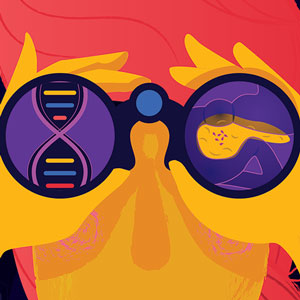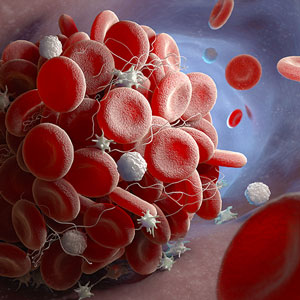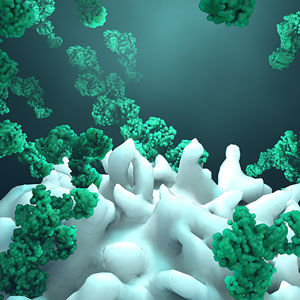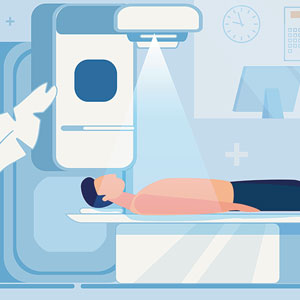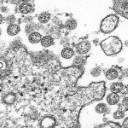Treatment
-
The Puzzle of Pancreatic Cancer
Pancreatic cancer remains a difficult disease to treat and is expected to be the second leading cause of U.S. cancer-related deaths by 2030. Researchers hope clinical trials and insights into the genetics of the disease will reverse the trend.
by Kendall K. Morgan
-
The Coronavirus Impacts Cancer Clinical Trials
The National Cancer Institute and the Food and Drug Administration have provided guidance for managing clinical trials amid the spread of the novel coronavirus. Cancer centers are making changes to care for some patients enrolled in trials.
by Anna Azvolinsky
-
From the Editor-in-Chief
Cancer Epigenetics: Disorganization Drives DysfunctionEmerging insights into epigenetic abnormalities in cancer cells may lead to better cancer outcomes.
by William G. Nelson, MD, PhD
-
Forward Look
Cryoablation May Be a Treatment Option for Some PatientsProcedure uses extreme cold to kill cancer cells.
by Christina Bennett
-
Forward Look
More Options to Prevent Blood Clots in High-Risk Cancer PatientsUpdated guidelines support use of oral blood thinners.
by Jane Langille
-
Q&A
A Different MountaintopScience writer Charles Graeber describes how a shift in researchers' understanding of immune function and cancer is leading to effective treatments.
by Marci A. Landsmann
-
Forward Look
New Guidelines for Radiation Therapy in Pancreatic CancerRecommendations address conflicts and research gaps.
by Ashley P. Taylor
-
Forward Look
Managing Opioid-Related ConstipationPatients may be wary of discussing this common side effect.
by Sue Rochman
-
The Coronavirus and Cancer Care
Cancer patients in the U.S. are feeling impacts from the new coronavirus.
by Kate Yandell
-
Medicare Coverage for Next-Generation Sequencing Tests
Multigene panels that rely on next-generation sequencing are increasingly used to test for hereditary cancer risk-related mutations. The federal government aims to expand Medicare coverage for these tests.
by Ashley P. Taylor

